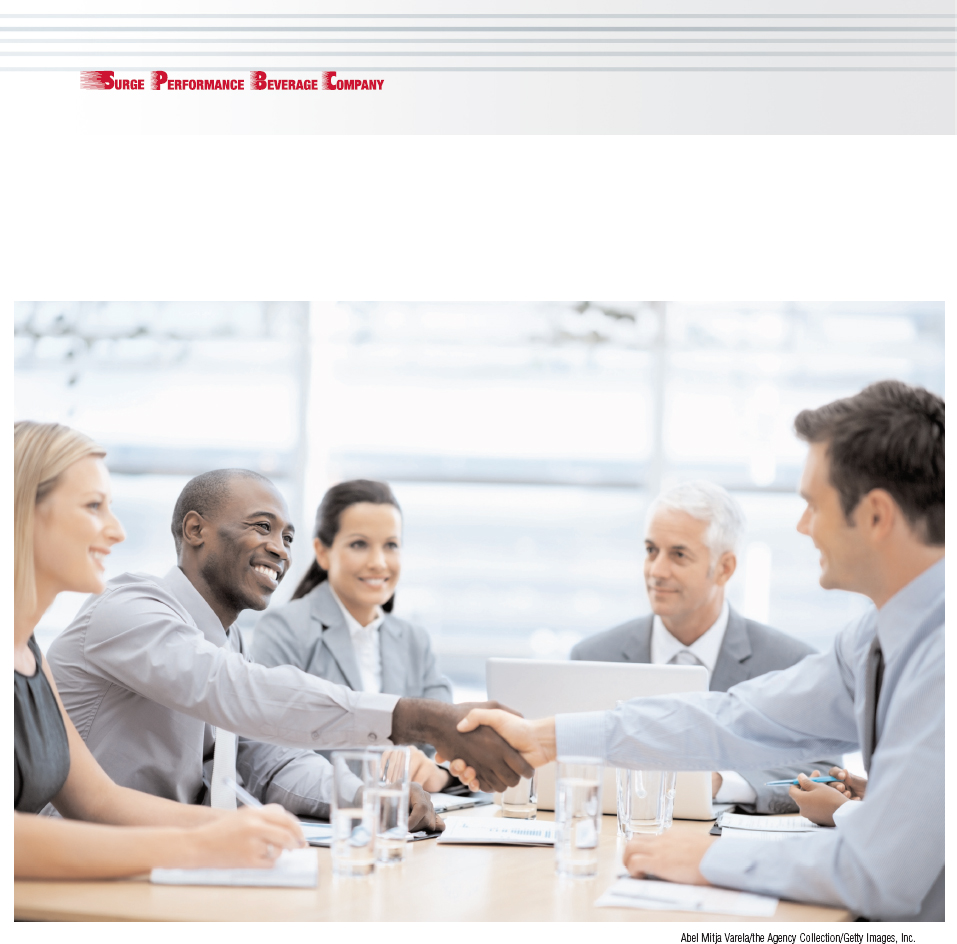
Chapter 1
Managerial Accounting in the Information Age
Learning Objectives
- State the primary goal of managerial accounting.
- Describe how budgets are used in planning.
- Describe how performance reports are used in the control process.
- Distinguish between financial and managerial accounting.
- Define cost terms used in planning, control, and decision making.
- Explain the two key ideas in managerial accounting.
- Discuss the impact of information technology on competition, business processes, and the interactions companies have with suppliers and customers.
- Describe a framework for ethical decision making.
- Discuss the duties of the controller, the treasurer, the chief information officer, and the chief financial officer.

What type of job will you hold in the future?
You may be a marketing manager for a consumer electronics firm, you may be the director of human resources for a biotech firm, or you may be the president of your own company. In these and other managerial positions you will have to plan operations, evaluate subordinates, and make a variety of decisions using accounting information. In some cases, you will find information from your firm's balance sheet, income statement, statement of retained earnings, and statement of cash flows to be useful. However, much of the information ...
Get Managerial Accounting 5th Edition now with the O’Reilly learning platform.
O’Reilly members experience books, live events, courses curated by job role, and more from O’Reilly and nearly 200 top publishers.

